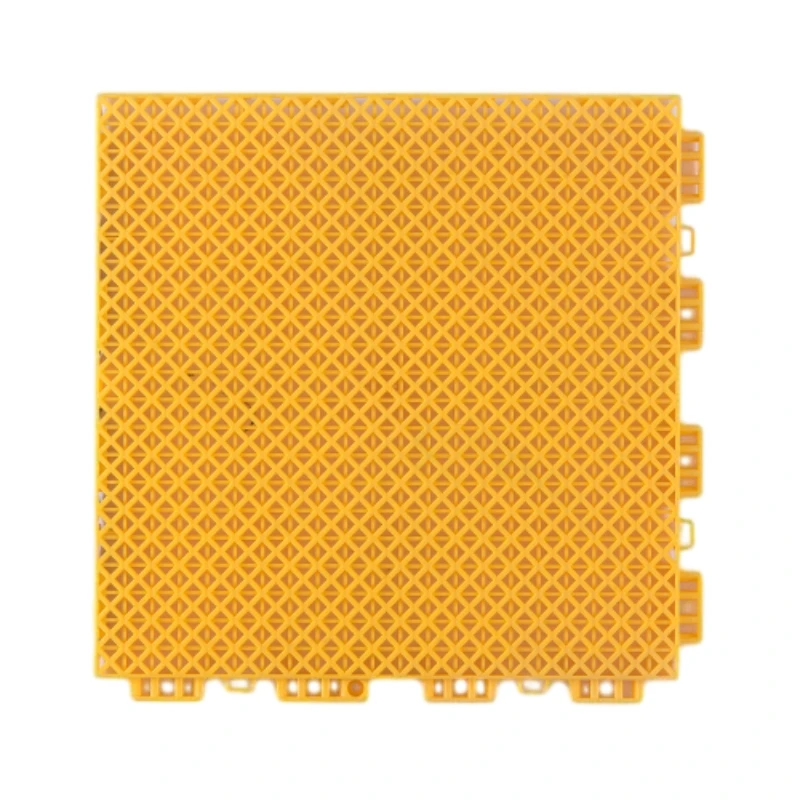Understanding the Factors Influencing Commercial Flooring Installation Costs
Understanding Commercial Flooring Costs Key Factors and Considerations
When it comes to establishing or renovating a commercial space, one of the most significant decisions involves selecting the right flooring. Flooring can have a substantial impact on the aesthetics and functionality of a space, making it crucial for business owners to understand the costs associated with different types of commercial flooring. In this article, we will explore the various factors influencing commercial flooring costs and highlight the most popular flooring options available.
Factors Influencing Commercial Flooring Costs
1. Type of Flooring Material The choice of flooring material greatly affects the overall cost. Common commercial flooring options include carpet tiles, vinyl, laminate, hardwood, and tile. Each material has its price range, durability, and maintenance requirements. For instance, carpet tiles typically range from $2 to $5 per square foot, while high-end hardwood flooring can exceed $10 per square foot.
2. Quality and Durability Higher quality products generally come at a higher price but offer improved durability, which can lead to lower long-term costs. For example, investing in high-quality vinyl flooring might mean paying more upfront, but it can withstand heavy foot traffic and require less frequent replacement and maintenance.
3. Installation Costs The complexity of the flooring installation can significantly affect the overall budget. Some flooring types, like tile and hardwood, may require professional installation, which can add anywhere from $1 to $5 per square foot to the cost. Additionally, if the subfloor needs repairs or preparation, this can further increase labor costs.
4. Location and Accessibility The geographical location of the project can also influence flooring costs. In urban areas, labor costs might be higher, while remote locations may face challenges in sourcing materials, potentially leading to increased shipping fees. Accessibility to the installation site can also impact labor costs—more challenging environments can slow down the installation process.
5. Preparation and Underlayment Before installing new flooring, extensive preparation may be required. This can include removing old flooring, repairing the subfloor, and laying down underlayment to ensure a stable finish. These factors can add to the overall cost but are essential for achieving a high-quality result.
6. Maintaining Compliance In some commercial settings, flooring must meet specific standards for safety and accessibility, particularly in environments like healthcare facilities or schools. Complying with these regulations can increase costs but is vital to ensure safety and legality.
commercial flooring cost

Popular Commercial Flooring Options
1. Carpet Tiles An excellent choice for office spaces, carpet tiles are affordable, versatile, and easy to replace. They come in various colors and patterns, allowing businesses to create an inviting atmosphere.
2. Vinyl Flooring This highly durable flooring option is water-resistant and easy to maintain. Vinyl is available in multiple styles, including luxury vinyl planks that mimic the look of hardwood. Its cost ranges from $2 to $6 per square foot, making it an excellent choice for high-traffic areas.
3. Laminate Flooring Offering a wood-like appearance at a lower cost, laminate is another popular option for commercial spaces. It is easy to install and maintain, typically costing between $1 to $4 per square foot.
4. Hardwood Flooring While on the pricier side, hardwood floors provide timeless beauty and durability. They are best suited for retail spaces or restaurants looking to create a warm, inviting atmosphere. Installation costs can push the total anywhere from $5 to $15 per square foot.
5. Ceramic and Porcelain Tile These materials are often used in areas that require water resistance, such as bathrooms and kitchens. Tiles can be more expensive due to their weight and installation requirements, generally costing from $3 to $10 per square foot.
Conclusion
Understanding the costs associated with commercial flooring is essential for any business owner looking to create a functional and aesthetically pleasing environment. By considering the factors mentioned above—such as material type, installation costs, and maintenance needs—business owners can make informed decisions that align with their budgets and functional requirements. Ultimately, investing in the right flooring can enhance the overall experience for employees and customers alike, ultimately benefiting the business's bottom line.
-
Commercial Parquet Flooring: Considerations of Aesthetics, Practicality, And SustainabilityNewsApr.15,2025
-
PVC Sports Flooring: Performance, Applications, And Development TrendsNewsApr.15,2025
-
PP Interlocking Floor: a Paving Solution That Combines Functionality and SustainabilityNewsApr.15,2025
-
Plastic Flooring Tiles Outdoor: Practicality, Sustainability, And Development ProspectsNewsApr.15,2025
-
On the Application of PVC Flooring for Badminton Court in Badminton VenuesNewsApr.15,2025
-
Commercial Wood Flooring: the Balance Between Aesthetics, Functionality, And SustainabilityNewsApr.15,2025
-
The Ultimate Guide to Futsal FlooringNewsMar.27,2025

